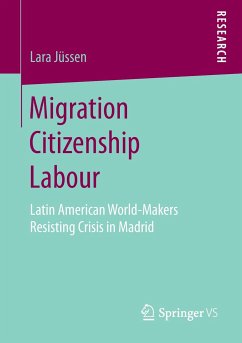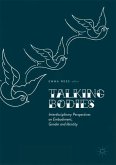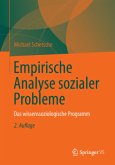Lara Jüssen takes the case of Latin American household and construction workers in Madrid to show how ir/regular labour migrants make citizenship available for themselves through emplacements, embodiments and enactments of citizenship. After describing the sociopolitical context of crisis and resistance in Spain, citizenship is anthropologized in order to approach it through the workplace: the private household and the construction site. Based on empirical results from interviews, it is analyzed how citizenship is emplaced through ego-centered networks and assemblages that situate the migrants' social belonging; how it is embodied through carving out of identities of the migrant workers, intersectionality of gender, ethnicity, and class, affects that imprint workers' bodies, and experiences of violence at the workplace; then citizenships' enactment is scrutinized through workers' empowerment for rights, individually at the workplace and collectively through demonstrations and politicaltheater performance in urban public space.
Bitte wählen Sie Ihr Anliegen aus.
Rechnungen
Retourenschein anfordern
Bestellstatus
Storno








